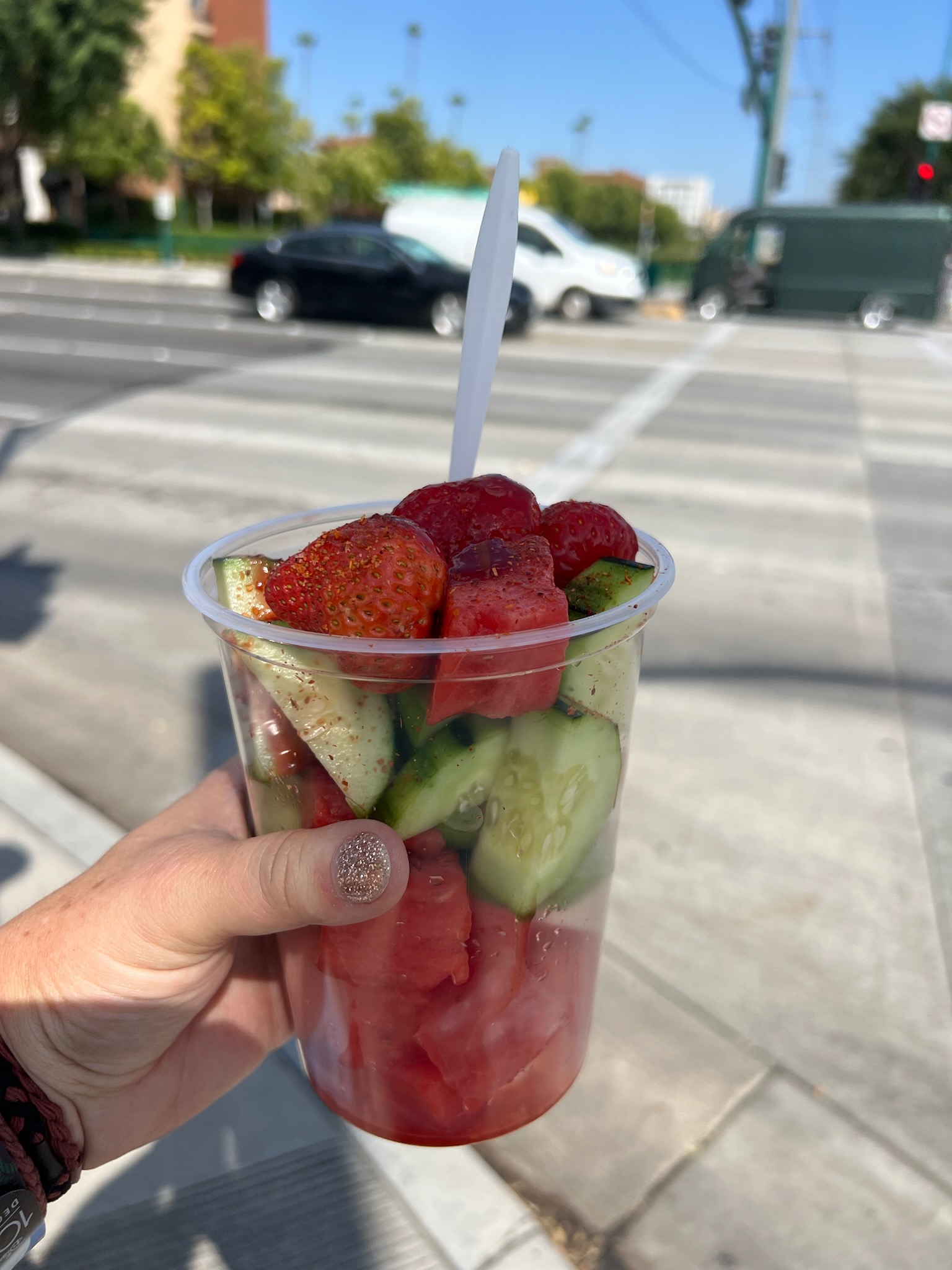The Hidden Dangers of Popular Snack Foods: What You Need to Know
Snack foods like Cheetos, Doritos, and Takis are widely loved for their bold flavors and satisfying crunch. However, beneath their appealing exterior lies a concoction of chemicals and additives that can negatively impact your brain and overall health.
Cheetos Crunchy and Cheetos Puffs are packed with artificial flavors, colors, and preservatives. These substances can interfere with neurotransmitter activity, leading to potential mood swings and cognitive impairments. The high sodium and unhealthy fats in Cheetos can also trick the brain into consuming more, creating a cycle of overeating and contributing to obesity.
Doritos are another popular snack, with over 20 ingredients, including harmful additives like monosodium glutamate (MSG). MSG can excite neurons to the point of damage and create an addictive response, making it hard to stop eating. This combination of high-calorie content and addictive additives hijacks the brain’s reward system, leading to weight gain and related health issues.
Takis are particularly problematic for children, containing sugar and TBHQ (tertiary butylhydroquinone), a preservative discouraged by the Feingold Diet for those with ADHD. TBHQ can alter behaviors and negatively impact cognitive function. Additionally, Takis contain hydrolyzed soy protein, which includes MSG, further promoting neurological damage and overeating.
The trend of incorporating these snacks into traditional dishes only exacerbates the problem, normalizing the consumption of unhealthy ingredients and contributing to a rise in obesity, diabetes, and other diseases. By being aware of these dangers and making informed choices, individuals can protect their health and well-being.


















